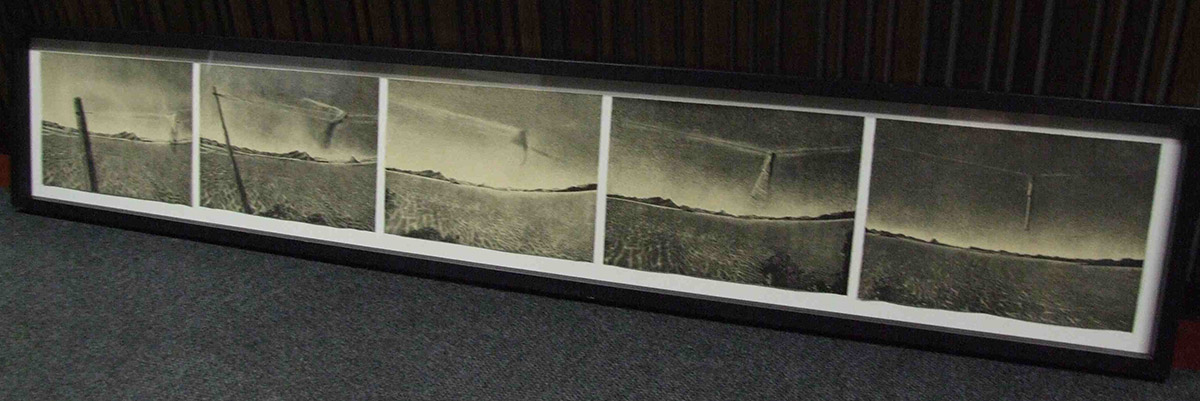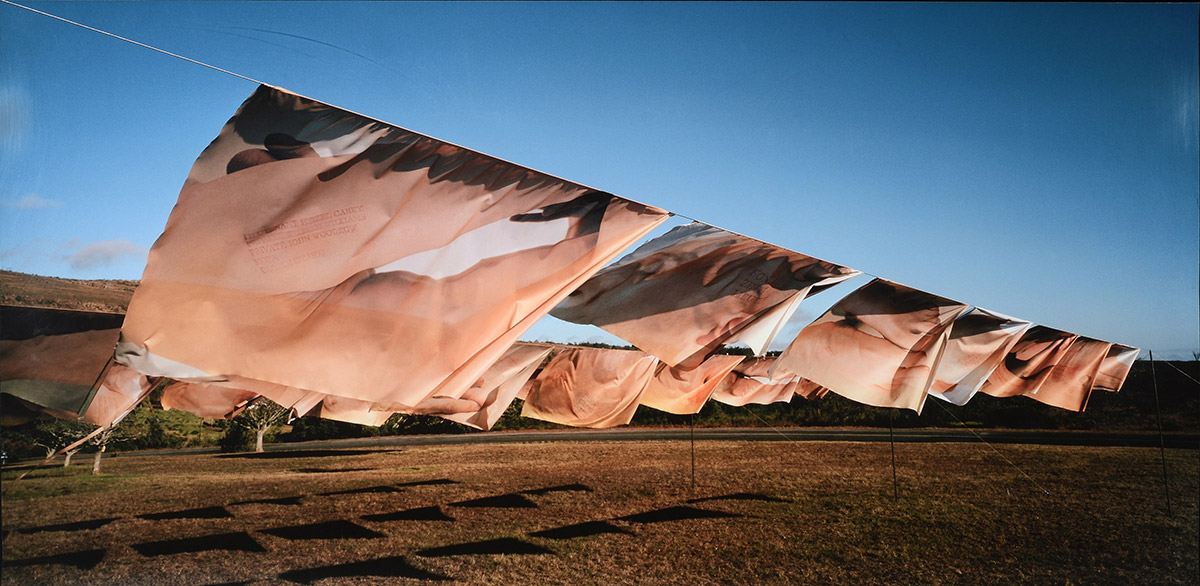Paul EMMANUEL (b. 1969)
BIOGRAPHY
Born in Kabwe, Zambia, Paul Emmanuel graduated with a Bachelor’s Degree in Fine Arts from the University of the Witwatersrand Johannesburg in 1994. Since then, his multidisciplinary work has focused on exploring the ways mental and physical landscapes interact in their construction of memories and identities.
In 2004, on the 10th anniversary of South Africa’s democracy, the first of his series of counter-memorials The Lost Men was temporarily installed at the 1820 Settlers National Monument, Makhanda (formerly known as Grahamstown). In 2007, phase two of this project took place in Maputo, Mozambique, and in 2014, phase three was installed adjacent to the Thiepval Memorial to the Missing of the Somme, Northern France as an official event of the First World War centenary.
Emmanuel’s multiple award-winning work has been exhibited at international venues including the Apartheid Museum, Wits Art Museum, the Freedom Park Museum, the Smithsonian National Museum of African Art, Boston University Art Galleries, the Sylt Foundation, the Rotterdam Film Festival, the Edinburgh International Film Festival and the Dakar Biennale. He is represented in numerous South African private, corporate and public collections as well as internationally in the Smithsonian National Museum of African Art, the US Department of State, the Sylt Foundation, Germany and the Fontmaure Art Culture Centre, France.
In 2020, his work was the subject of a monograph published by Wits Art Museum, South Africa and, since 2022, he has served as a Fulbright Scholar in the US, honing his interdisciplinary practice and questioning the narratives of public spaces. In 2024, he graduated with a Master’s Degree in Fine Arts from the Maryland Institute College of Art, Baltimore and is a recipient of the Gold Stern Mount Royal Emerging Artist Award.
He is currently a content specialist and co-curriculum producer for the Medical College of Wisconsin’s civic engagement project Talking with Monuments: Veteran Dialogues on Remembering, supported by the National Endowment for the Humanities program, Dialogues on the Experience of War.



